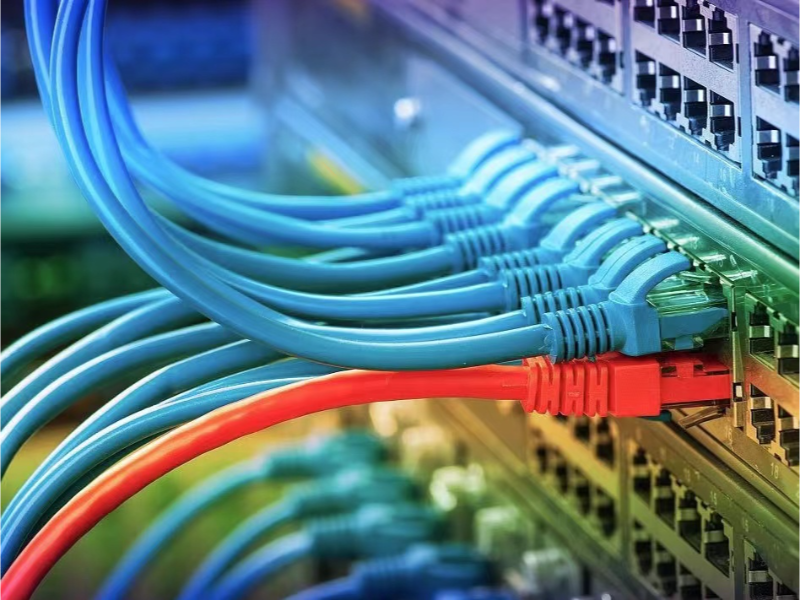- Network cables are not only used to connect the Internet, they also play a crucial role in establishing direct communication between devices.
- By choosing the right network cable, the performance and reliability of the network can be significantly improved, so as to achieve stable and efficient data exchange in home and business environments.
The importance of network cables is in their role as a physical medium for data transfer. They connect the internet and also support direct communication between devices. They help keep information accurate and stable. The right network cable can make a network faster and more reliable. This gives smooth and steady data transfer at home and at work.
Definition of a network cable
A network cable is a physical line that connects computers, routers, switches, and other devices. It carries data and lets devices talk to each other and go online. Network cables have different types. Each type is made for needs like speed, distance, and strength. This makes them important parts in building and keeping a strong and working network.
Also read: ABS-CBN’s Sky Cable Corp partners with Converge ICT for network enhancement
What happened: Effects of a network cable
Network cables are important in modern networks. They link components like switches, routers, and PCs. Cables come in many different different forms. For unique distances, speeds, and interference protection, each type is reliable. In particular, local area networks (LANs) regularly employ Unshielded Twisted Pair (UTP) cables. They execute well and are affordable as well. Electrical noise is reduced by the extra security of shielded twisted pair (STP) cables. Light can be utilised by fibre optic cables for moving data. They have minimal signal loss and can navigate quickly over long distances. Choosing the right cable helps networks work better.
Also read: How IPTP Networks overcame Red Sea cable crisis with terrestrial solutions
Why network cables are important
Data travels via network cables. A high-quality cable ensures consistent and quick communication between devices. A Cat6 UTP cable provides sufficient bandwidth for file sharing and video calls in a home office. Fibre optic or Cat6a cables offer greater speed and longer range in larger offices with more data. Network performance is affected by cable quality. Delays, lacklustre speeds, and data loss all may be related to bad cables.

